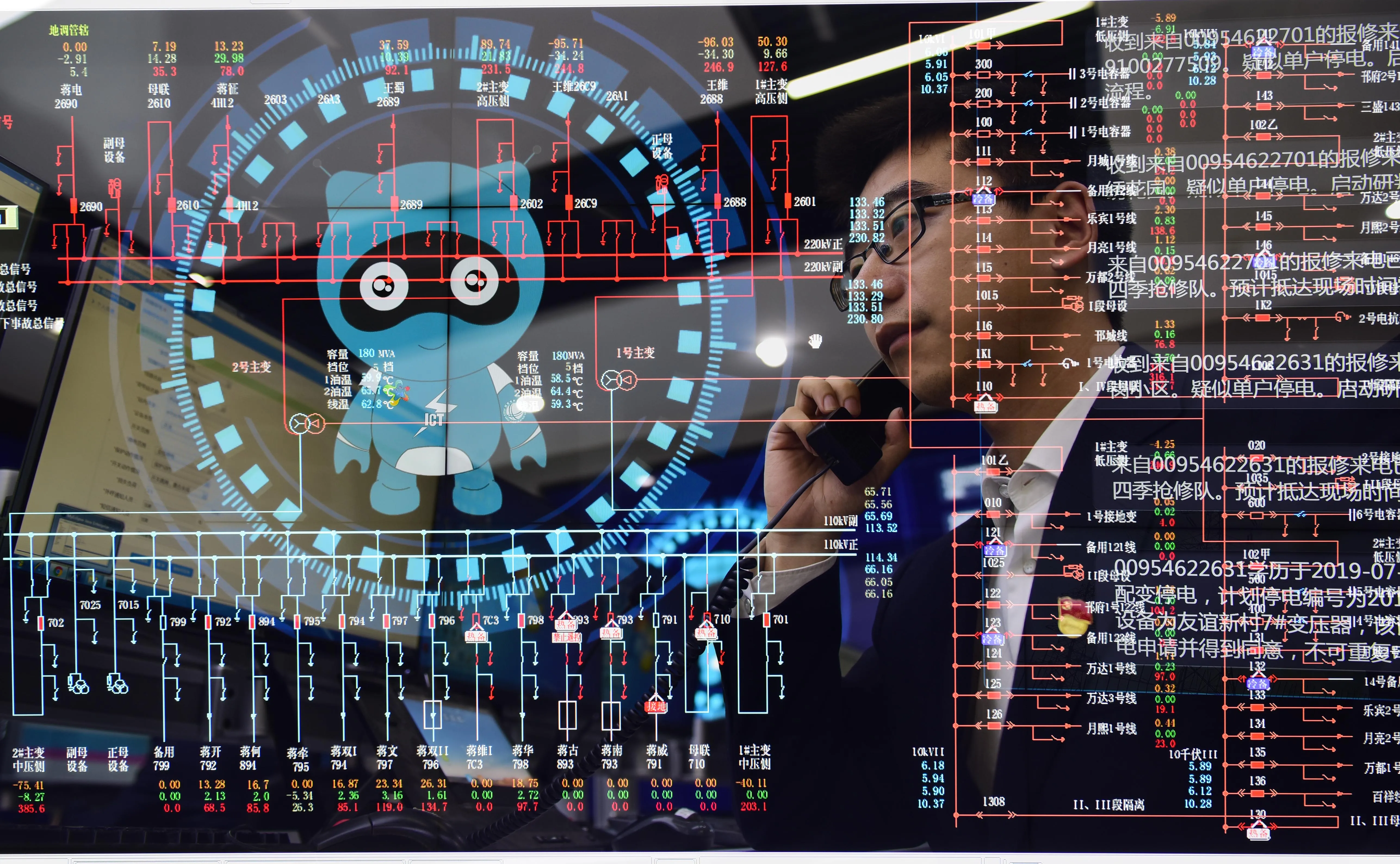Technology Impact job Creation and Automation

Technology has a significant impact on job creation and automation, reshaping the labor market, workforce dynamics, and employment opportunities in various industries. Here are some ways technology influences job creation and automation:
Job Creation: Technology drives job creation by generating demand for new skills, occupations, and industries in emerging fields such as information technology, digital media, renewable energy, and biotechnology. Technological advancements create opportunities for job growth in specialized roles such as software developers, data analysts, cybersecurity specialists, and digital marketers, as well as in interdisciplinary fields such as artificial intelligence, robotics, and green technologies.
Automation and Robotics: Technology automates routine and repetitive tasks through robotics, artificial intelligence, and process automation technologies, leading to the displacement of certain jobs while creating new opportunities for automation engineers, robotics technicians, and AI specialists. Automation technologies streamline production processes, increase efficiency, and reduce labor costs in industries such as manufacturing, logistics, retail, and customer service, transforming job roles, skill requirements, and workforce composition.
Digital Transformation: Technology drives digital transformation across industries, leading to the digitization of business processes, customer interactions, and service delivery models. Digital transformation initiatives create opportunities for job creation in digital roles such as digital transformation managers, user experience designers, and data scientists, as organizations invest in digital infrastructure, software applications, and digital skills training to adapt to the digital economy.
Gig Economy and Freelancing: Technology enables the rise of the gig economy and freelance work platforms, providing opportunities for individuals to work independently, offer services, and earn income through digital platforms such as Uber, Airbnb, Upwork, and TaskRabbit. Gig economy platforms create flexible employment opportunities for freelancers, contractors, and independent workers in various fields such as ride-sharing, accommodation rentals, freelance writing, and graphic design, enabling individuals to monetize their skills and expertise on a project basis.
Skills Training and Reskilling: Technology influences job creation by driving demand for digital skills training, reskilling, and upskilling programs to prepare the workforce for emerging job roles and technological advancements. Educational institutions, training providers, and employers offer programs in coding, data science, digital marketing, and other technical skills to equip individuals with the competencies needed for employment in the digital age, addressing skill shortages and enhancing workforce readiness.
Human-Machine Collaboration: Technology facilitates human-machine collaboration and augmented intelligence in the workplace, where humans work alongside intelligent machines, robots, and AI systems to enhance productivity, decision-making, and innovation. Collaborative robots (cobots), AI assistants, and augmented reality tools enable workers to perform complex tasks, solve problems, and make decisions more efficiently, complementing human capabilities and enhancing job performance in various industries.
Job Displacement and Transition: Technology disrupts traditional job roles and industries, leading to job displacement, workforce restructuring, and economic transitions in affected sectors. Automation, AI, and digitalization technologies replace human workers in routine and low-skilled jobs, leading to unemployment, underemployment, and economic dislocation for affected workers and communities. Addressing job displacement requires investment in education, training, and workforce development programs to support displaced workers in transitioning to new industries and occupations, promoting economic resilience and inclusive growth.
Economic Impact: Technology influences job creation and automation's economic impact by shaping labor market dynamics, productivity growth, and income distribution patterns. Automation technologies increase productivity and output in industries such as manufacturing, logistics, and agriculture, leading to economic growth, competitiveness, and innovation. However, automation also raises concerns about income inequality, job polarization, and the hollowing out of middle-skill jobs, highlighting the need for policies to promote inclusive growth, social mobility, and job quality in the digital economy.
Overall, technology's impact on job creation and automation is complex, with both opportunities and challenges for individuals, businesses, and society as a whole. Embracing technological advancements, investing in digital skills training, and promoting policies that support workforce adaptation and economic resilience are essential for navigating the changing landscape of employment in the digital age.
Thank you,